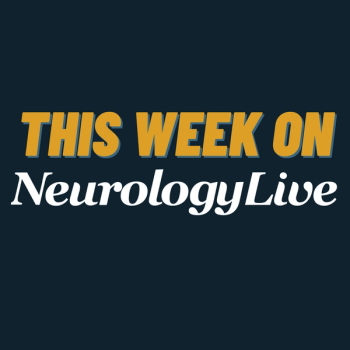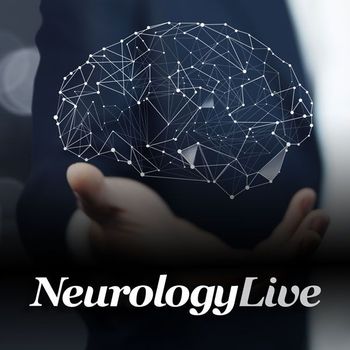
The associate professor of neurology at Washington University in St. Louis spoke to the need to improve the awareness for insomnia, which remains one of the most common sleep disorders.

The associate professor of neurology at Washington University in St. Louis spoke to the need to improve the awareness for insomnia, which remains one of the most common sleep disorders.

In addition to recommendations for Alzheimer disease screening, the guidelines also covered stroke risk-related assessments which should be conducted for those with Down syndrome.

The findings suggest that poor speech-in-noise hearing may be an early marker of underlying dementia processes.

Here's what is coming soon to NeurologyLive.

The section chief of pediatric neurology at Nationwide Children’s Hospital provided his thoughts on raising awareness for Lennox-Gastaut syndrome on International LGS Day.

Anup Patel, MD, section chief of pediatric neurology at Nationwide Children’s Hospital, explained how care for patients with Lennox-Gastaut syndrome has changed throughout the pandemic.

New training pathways are needed to close the gap between capable-physician supply and the growing demand for thrombectomy.

Neurology News Network for the week ending October 31, 2020.

Take 5 minutes to catch up on NeurologyLive's highlights from the week ending October 30, 2020.













In the largest study of its kind to date, researchers at Indiana University attempt to elucidate previously inconclusive literature on antiseizure drugs, autism, and ADHD.

The researchers concluded that the effect of lowered blood pressure might not be evident in specific domains of cognitive function, but instead distributed across multiple domains.

The professor of neurology at the NYU Langone Grossman School of Medicine gave her reaction to the data she and colleagues published on neurologic disorders in patients with COVID-19.

The SPI2 study did not replicate the improvements observed in prior study, instead suggesting that biotin (MD1003; MedDay Pharmaceuticals) is ineffective in patients with progressive MS.

The company is planning a pivotal trial of blarcamesine in Parkinson disease dementia after submitting results of the phase 2 study to the FDA for regulatory guidance.

The director of the Montefiore Einstein Center for the Aging Brain detailed the symptoms of motoric cognitive risk syndrome and how they compare to more typical mild cognitive impairment.

In part 2 of this interview, Elias Kouchakji, MD, gives perspective on pamrevlumab’s unique pathway as a Duchenne muscular dystrophy treatment nearing the end of the clinical pipeline.

The authors noted that research is still needed to establish standards for cell mobilization and immune-conditioning regimens.